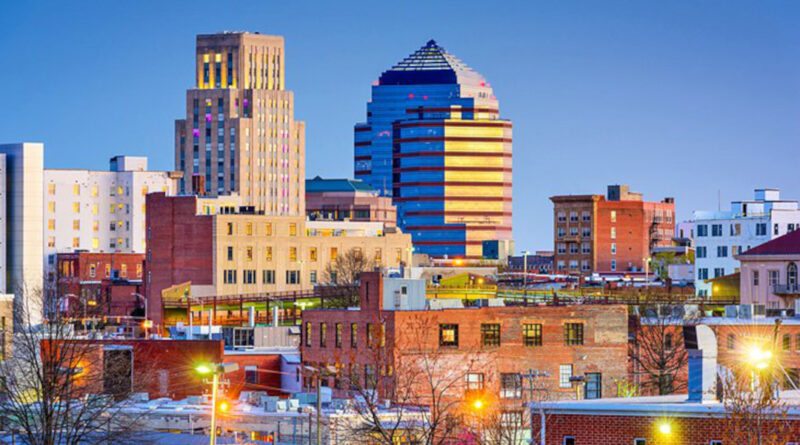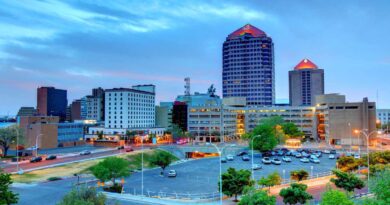History Of Durham North Carolina
Durham, North Carolina has a rich and diverse history that spans over 300 years. The area that is now Durham was originally settled by the Occaneechi tribe of the Saponi Nation, but the first European settlers arrived in the 17th century. The city was officially founded in 1869 and was named after Dr. Bartlett Durham, a local physician and businessman.
Durham’s early history is closely tied to the growth of the tobacco industry. The city’s location along the Eno River made it an ideal spot for growing tobacco, and by the late 19th century, Durham had become a major tobacco processing and manufacturing center. The American Tobacco Company, which was founded in Durham in 1890, played a significant role in the city’s growth and development.
During the Civil War, Durham was the site of a Confederate prison camp. The camp, which was known as Camp Mangum, was used to hold Union soldiers captured during the war. After the war, Durham experienced a period of rapid growth and development as the city’s tobacco industry continued to thrive.
In the early 20th century, Durham became a center for education and research. Duke University was established in Durham in 1924, and it quickly became one of the most prestigious universities in the country. The university’s medical center, which was established in 1930, also played a major role in the city’s development.
During the Civil Rights Movement, Durham was an important center of activism. The city was home to several prominent civil rights leaders, including Pauli Murray and W.E.B. Du Bois. The Durham Committee on the Affairs of Black People, which was established in 1940, played a key role in the city’s Civil Rights Movement.
In the latter half of the 20th century, Durham underwent a period of rapid growth and development. The city’s population grew rapidly, and new neighborhoods, businesses, and cultural institutions were established. In the 1980s and 1990s, Durham’s downtown area underwent a revitalization, with many historic buildings being restored and repurposed.
Today, Durham is a vibrant and diverse city that is home to a wide range of people, businesses, and institutions. The city’s rich history is reflected in its many historic sites and landmarks, including the Duke Homestead and Tobacco Museum, the Durham Arts Council, and the Hayti Heritage Center. Durham is also home to a number of cultural institutions, including the Durham Performing Arts Center and the Carolina Theatre.
Durham, North Carolina has a rich and diverse history that reflects the city’s role in the growth and development of the tobacco industry, education, research, civil rights, and cultural institutions. From the arrival of the first European settlers, to the civil war, civil rights movement, and the growth and development of the city, Durham has played an important role in shaping the history of North Carolina and the United States as a whole.
Discover more from City Towner
Subscribe to get the latest posts sent to your email.




